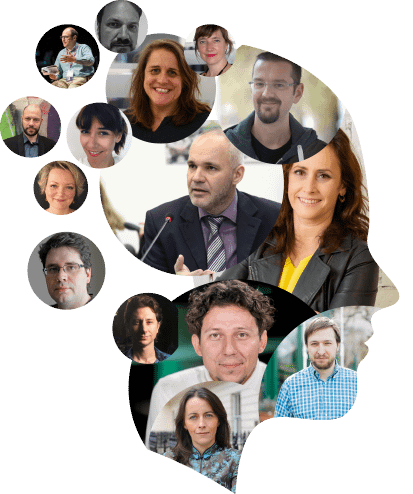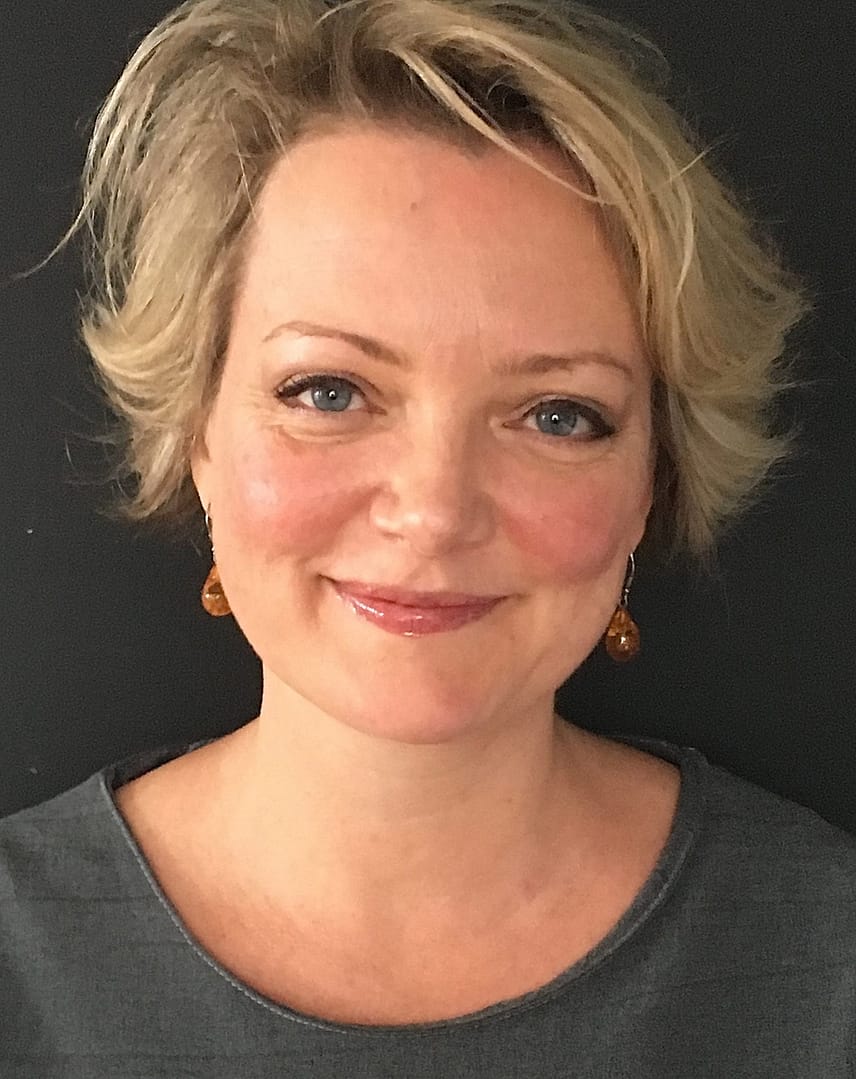On the one hand, she was dismayed by increasing distrust in professional journalism, increasing polarisation, and the blurring of facts and opinions – a problem to which children are particularly vulnerable. And on the other hand, she noticed “the succumbing of journalism to the promise of click bait”, the response of an industry in crisis forced to take short cuts.
Lie Detectors brings the two sides together, placing working journalists into schools to deliver dynamic trainings. The organisation currently has a core team of 14 staff and coordinators, along with a network of 200 journalists and a growing ecosystem of educators and schools in Belgium, Germany and Austria. The approach is circular: Lie Detectors trains journalists, who then train children and educators in the classroom; meanwhile that classroom experience provides feedback for journalists and newsrooms, as well as insights for Lie Detectors’ policy development and advocacy work.
Sessions are free and journalists participate as volunteers with compensation, which means that trainings are delivered in diverse school environments and from journalists with diverse experiences. (Incidentally, it is possible because Lie Detectors has that rarest of gifts in this ecosystem: long term flexible funding). From a research and methodological perspective, this diversity is crucial. The organisation also works closely with questionnaires and feedback forms to identify developments in mis and disinformation from the perspective of the children. Juliane explains that conspiracy theories, which appear to be a growing challenge for students, will require particular policy recommendations and particular training for educators: “Conspiracy theories are the ultimate deep fake, because they are layers upon layers upon layers that you have to unravel.”
“This is not something we should be feeling proprietorial about”
The service Lie Detectors is providing is in demand, both on the side of schools and from journalists (they currently have a wait list). “This is a method and a structure. It’s so simple, it makes perfect sense… We want to amplify and facilitate organisations doing similar work.” They increasingly hold seminars that enable teachers to deliver these trainings themselves.




